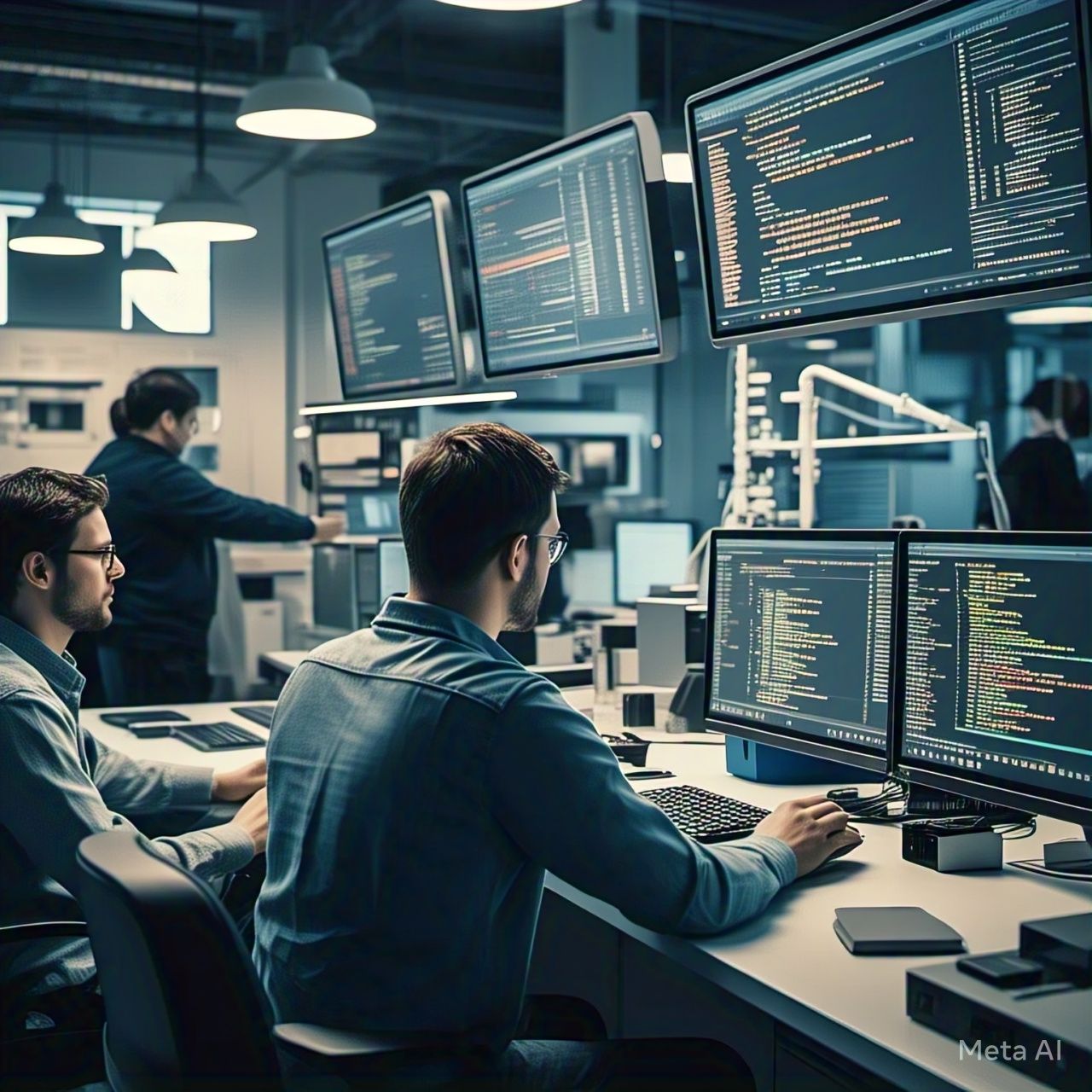Introduction
Artificial Intelligence (AI) is transforming the financial industry at an unprecedented pace. With algorithmic trading, predictive analytics, and automated investment platforms, AI is redefining how markets operate. But does this rapid technological evolution signal the end of human traders, or is there still a place for human expertise in financial markets?
The Rise of AI in Finance
1. Algorithmic Trading and High-Frequency Trading (HFT)
AI-driven algorithmic trading has become a dominant force in global financial markets. Key advantages include:
- Speed and Efficiency: AI executes trades in milliseconds, far surpassing human capabilities.
- Data-Driven Decisions: Machine learning algorithms analyze vast amounts of market data to identify profitable opportunities.
- Reduced Emotional Bias: Unlike human traders, AI operates purely on logic and probability, eliminating impulsive decisions.
2. AI in Portfolio Management
AI-powered robo-advisors have made investing more accessible and efficient. These automated platforms:
- Assess Risk Profiles: AI customizes investment strategies based on an investor’s risk tolerance and financial goals.
- Optimize Asset Allocation: Algorithms dynamically rebalance portfolios to maximize returns.
- Lower Costs: AI-driven solutions reduce management fees compared to traditional financial advisors.
3. Fraud Detection and Risk Management
AI enhances security and risk assessment in finance by:
- Detecting Anomalies: Machine learning identifies suspicious transactions and potential fraud patterns in real-time.
- Predicting Market Risks: AI models assess macroeconomic trends and market conditions to warn of potential downturns.
- Automating Compliance: AI streamlines regulatory compliance, reducing human error and legal risks.
Will AI Replace Human Traders?
1. The Strengths of AI Over Humans
AI outperforms human traders in many areas, including:
- Speed: AI processes vast amounts of data instantly, giving it a competitive edge.
- Pattern Recognition: Machine learning detects trends and correlations that humans might miss.
- Scalability: AI can analyze multiple markets and asset classes simultaneously.
2. The Human Edge in Finance
Despite AI’s advantages, human traders still hold key strengths:
- Intuition and Experience: Market sentiment, geopolitical events, and economic shifts often require human interpretation.
- Complex Decision-Making: AI struggles with unprecedented events and black swan scenarios.
- Ethical and Regulatory Considerations: Humans oversee AI systems to ensure ethical trading practices and compliance with financial regulations.
The Future of AI-Powered Finance
1. AI-Human Collaboration
Rather than replacing human traders entirely, AI is likely to enhance their decision-making capabilities. Hybrid models, where AI handles data analysis and humans make strategic calls, could define the future of finance.
2. Evolving Roles in the Financial Industry
As AI automates routine tasks, financial professionals will shift toward:
- AI Oversight and Strategy Development
- Regulatory Compliance and Ethical Considerations
- Client Relationship Management and Advisory Services
Conclusion
AI is undeniably reshaping the financial sector, revolutionizing trading, investment strategies, and risk management. While AI-driven trading systems continue to gain dominance, human traders remain relevant for their strategic insight, intuition, and adaptability. The future of finance will likely be a collaborative effort between AI and human expertise, rather than a complete replacement of human traders.





